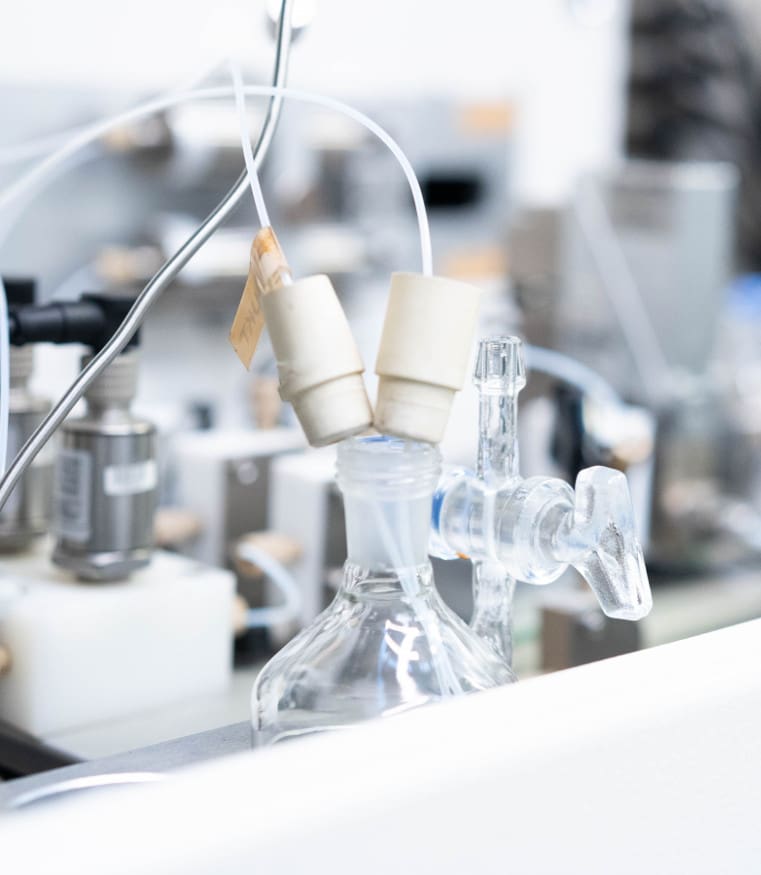Photochemical activity of a key donor–acceptor complex can drive stereoselective catalytic α-alkylation of aldehydes
Asymmetric catalytic variants of sunlight-driven photochemical processes hold extraordinary potential for the sustainable preparation of chiral molecules. However, the involvement of short-lived electronically excited states inherent to any photochemical reaction makes it challenging for a chiral catalyst to dictate the stereochemistry of the products. Here, we report that readily available chiral organic catalysts, with well-known utility in thermal asymmetric processes, can also confer a high level of stereocontrol in synthetically relevant intermolecular carbon-carbon bond-forming reactions driven by visible light. A unique mechanism of catalysis is proposed, wherein the catalyst is involved actively in both the photochemical activation of the substrates (by inducing the transient formation of chiral electron donor-acceptor complexes) and the stereoselectivity-defining event. We use this approach to enable transformations that are extremely difficult under thermal conditions, such as the asymmetric α-alkylation of aldehydes with alkyl halides, the formation of all-carbon quaternary stereocentres and the control of remote stereochemistry.

E. Arceo, I.D. Jurberg, A. Álvarez-Fernández, P. Melchiorre
Nat. Chem. 2013, 5, 750-756
DOI:
Go to the journal

Let's create a brighter future
Join our team to work with renowned researchers, tackle groundbreaking
projects and contribute to meaningful scientific advancements



















